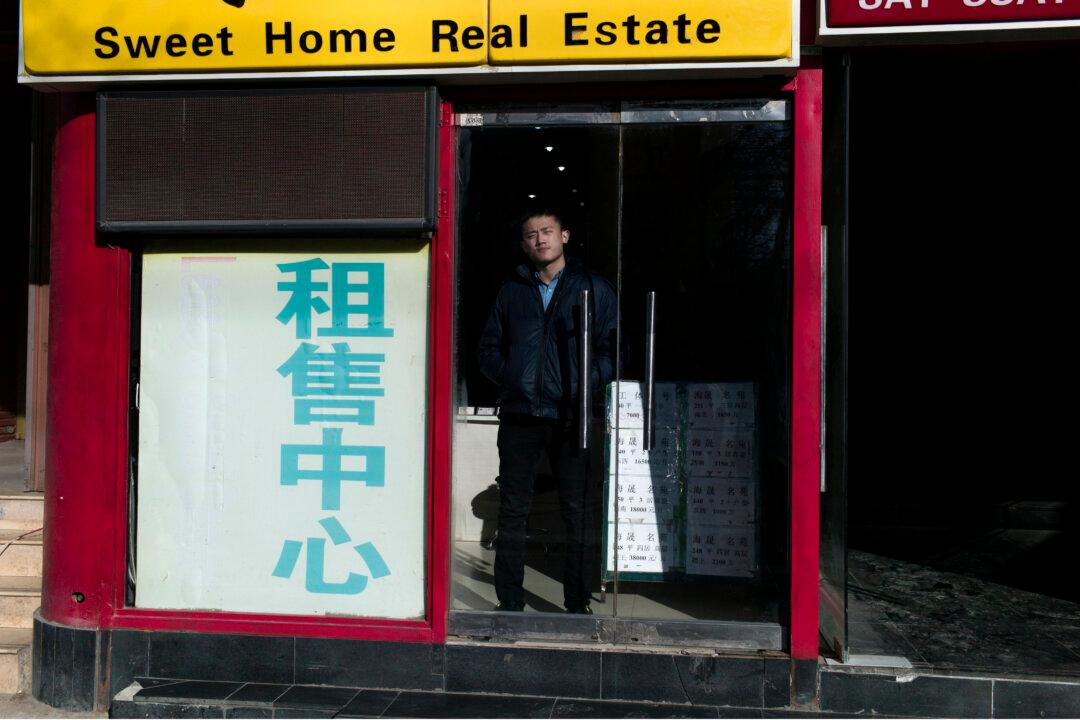Since June, at least nine Chinese cities have been reportedly encouraging residents, including government employees, to “group buy” designated properties in an effort to boost local property sales.
Group buying, also known as collective buying, offers products and services at significantly reduced prices on the condition that a minimum number of buyers make the purchase. This is currently trendy in China, especially among young netizens.





